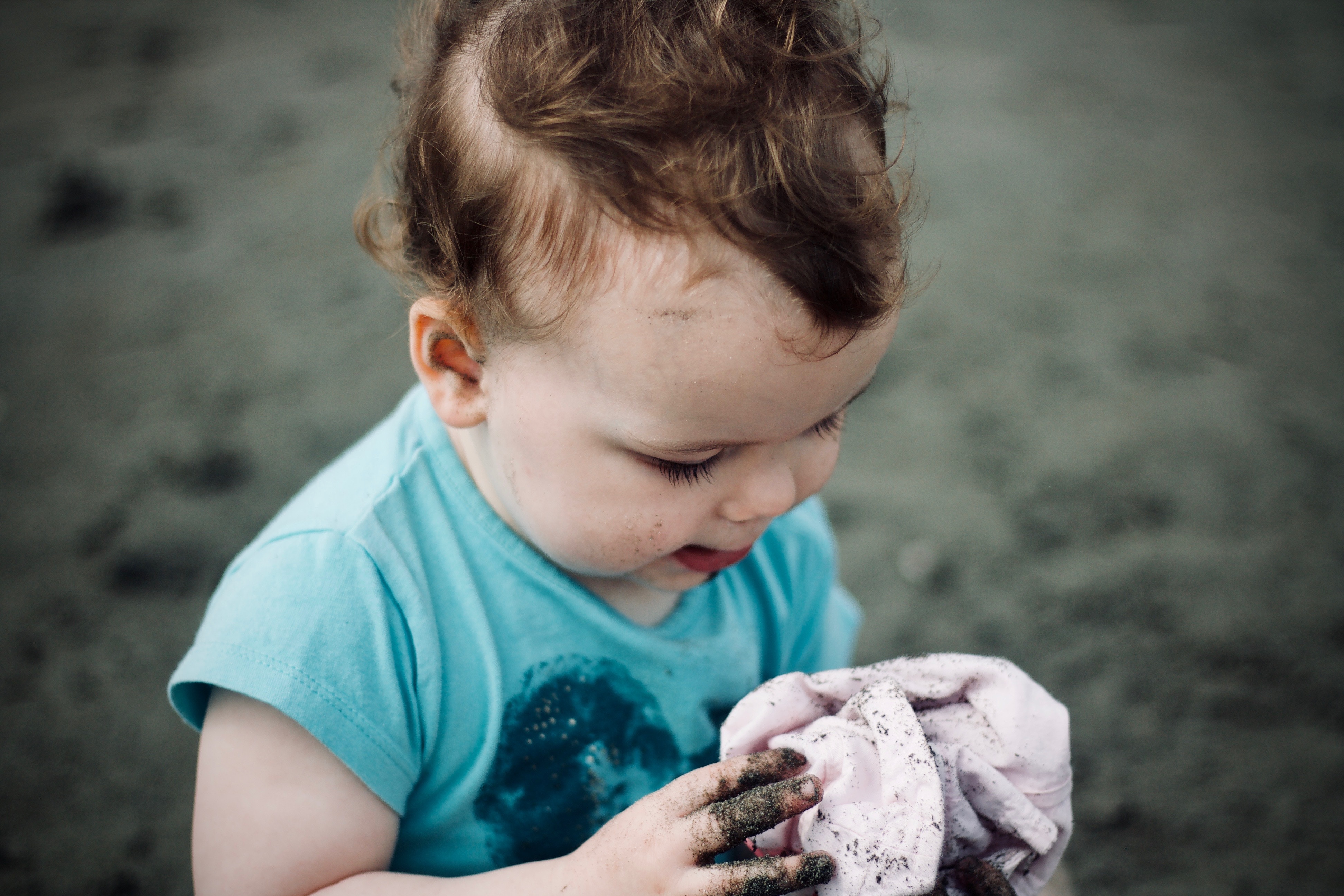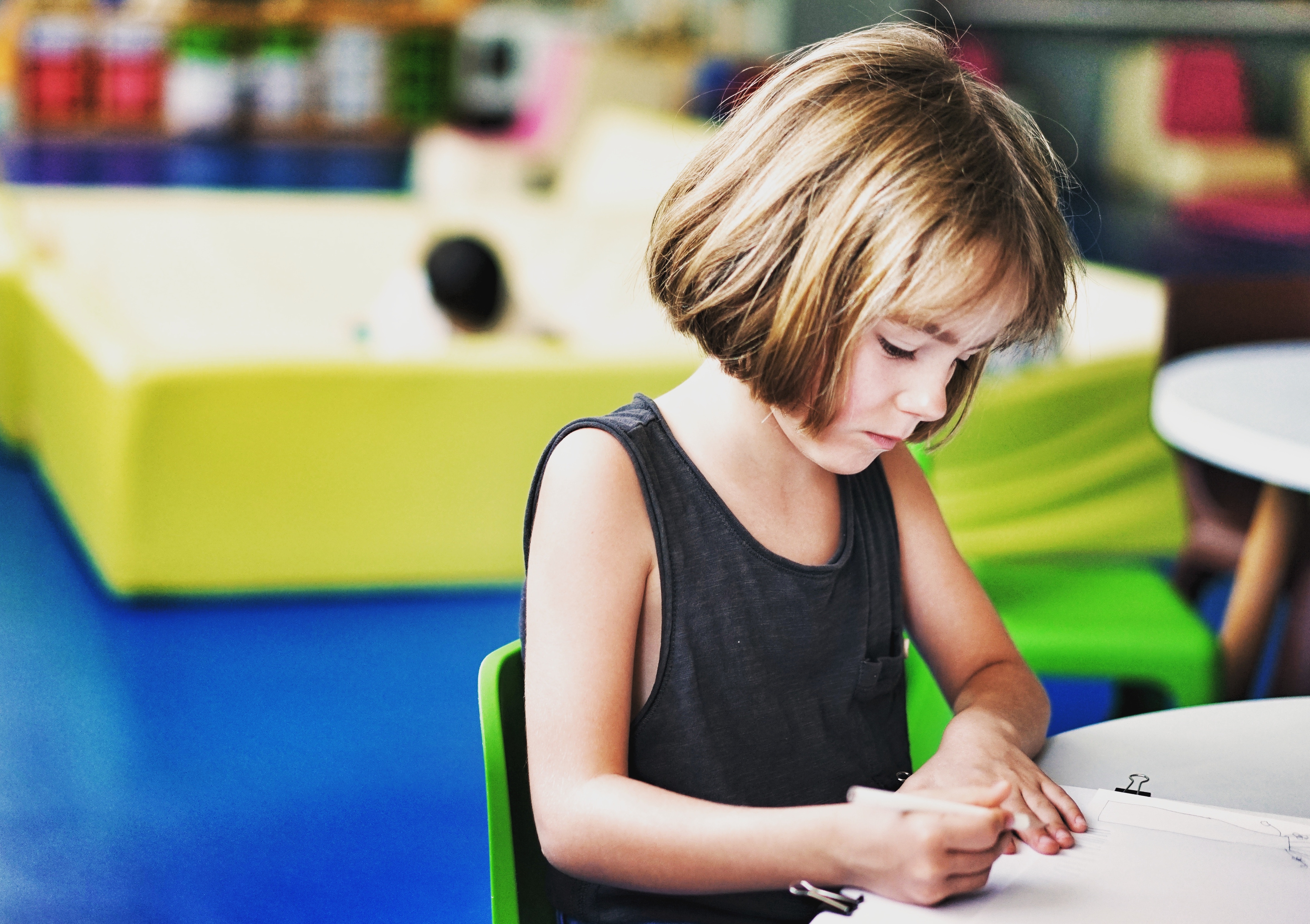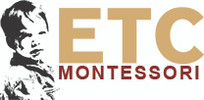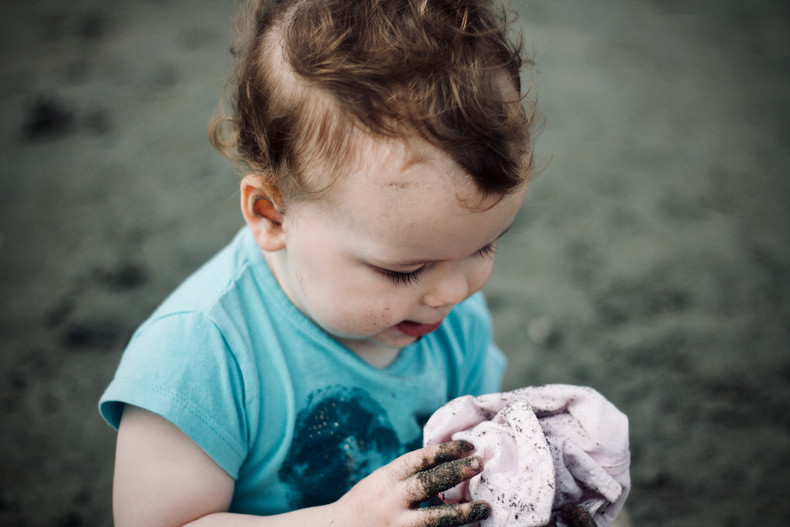
Photo by Jelleke Vanooteghem
Occasionally I explore parent blogs regarding Montessori just so I can keep current with their comments or concerns. While most parents are happy with their Montessori choice, whether it is at home or in a classroom, I think it is also important to listen to those that are not totally convinced that Montessori is right for their child.
I ran across one such article and there was a specific Montessori teacher expression troubling this parent. I was expecting to see the term “normalization”, or “sensitive periods”, or some other jargon that I dropped long ago in my parent communication. To my amazement, it was the term “work” that was the offender!
“What! Why?” It’s such a natural part of our daily interactions. “Restore your work and come to the line, please.” “Tell me about your work.” “What work will you choose today?” How could this ubiquitous term offend parents?
I read further to discover that many parents are looking for play-based models for their children’s early education. “There’s plenty of time later for my child to work, I want them to play while they are still young”, seemed to be a common sentiment regarding this Montessori term. Honestly, I hadn’t realized this one small word could have such a major effect on the decisions parents regarding their children’s education.
It seems that today’s parents believe that the greatest priority during early childhood is social-emotional development and is seen by parents as the foundation for success in school and into adulthood.[1] Could it be that their own feelings about work in general clouds their understanding of what we as teachers mean by work? Or is it this confusion that we have around what constitutes fantasy in our environments? Should we do a better job explaining the differences in student learning whether we characterize the classroom with the terms ‘work’ or ‘play’? Because we Montessorians use specific presentations with our materials, does that mean that we are no longer seen as constructivists?
If we wish to categorize Dr. Montessori’s work in the plethora of early childhood programs available to parents today, she is most decidedly a constructivist, along with theorists Vygotsky, Piaget, Steiner, and yes, John Dewey. Within that constructivists grouping the three models for early learning run from free play, to guided play, to didactic instruction.
Interestingly enough, Dr. Montessori and Rudolf Steiner stand out as being the two who actually moved from theory to classroom practice. Both sought to develop the child’s relationship with the universe by gaining an understanding of humanity. Both believed the child possessed a massive potential for learning that could best be accomplished by following the child’s lead (Both Montessori and Waldorf tout a developmentally appropriate curriculum, however the systems disagree about which subjects meet that criteria). Both insisted that learning takes place through hands-on experience. But since the time of their inception over a century ago, theorists’, educators’, and parents’ attitudes have been split regarding the difference in methods and outcomes between work- and play-based classrooms.

What, really, is a play-based environment, and how do we use it to help children learn? Play-based learning by definition requires the child to use objects to learn, and it is through the manipulation of those objects that they construct their knowledge. The Waldorf model depends on free play; Steiner expected that their boundless imaginations would allow children to construct their own schema at their own pace. In this system, “developmentally appropriate” learning simply occurs because it is loosely defined as whatever interests the children. The teacher is sensitive to quashing individual creativity and therefore offers little to no input regarding the direction of play.
Whether we refer to day to day activities as work or play might have a bigger impact on the child’s level of confidence and responsibility than it does on his academic performance: some children are motivated by the adult sounding term ‘work’ and respond with increased pride and responsibility (Could it be that adults’ feelings about work in general clouds their understanding of what we as teachers mean by work?). In essence, the Waldorf educational system has more similarities with Montessori than it has differences. Although materials within the pure play-based classroom are designed with less precision or clarity of purpose, the children explore (“play”), discover, and construct their knowledge based on interactions with the materials and their environment.
To implement a guided play model for the classroom requires interaction with a teacher. Montessori teachers interact with children as they are learning the use of (“working with”) the material, which was specifically designed to demonstrate a particular concept. After that, the child is free to interact with the materials as long as there is no misuse of them. Consider that another facet of play-based learning is the freedom to choose your own activities; this freedom to choose leads to greater engagement, and thus the child is able to learn more easily, in line with his own interests. Today, the term play-based classroom is likely to indicate the children have a say in their work choice (from a wide, attractive set of open-ended assignments), work pace, and work partners. Montessori classrooms have this in spades!
So, it seems, Montessori classrooms do qualify as play-based environments, especially if contrasted to more traditional environments. Sadly, there are more early childhood programs using extended periods of time to have children sit and focus on a specific learning task. Dr. Montessori believed that the work of the child is to create the man. While this may seem idealistic, it speaks to the foundation of pedagogy- respect for the child- and for the creation that is happening within that child. Perhaps we as teachers could be mindful of our liberal use of the word work, and not be quick to correct those parents who are questioning. Understanding and defining what is meant by the terms work and play is paramount to communication, because after all the ultimate goal is that learning should be fun!
*For a more scholarly article see Angeline S. Lillard’s article “Playful Learning and Montessori Education” published in American Journal of Play, vol. 5, number 2, Winter, 2013
[1] http://trustforlearning.org/assets/F_TFL_ParentasConsumers_FullResearchReport_SinglePage_100317.pdf retrieved 11/27/17

